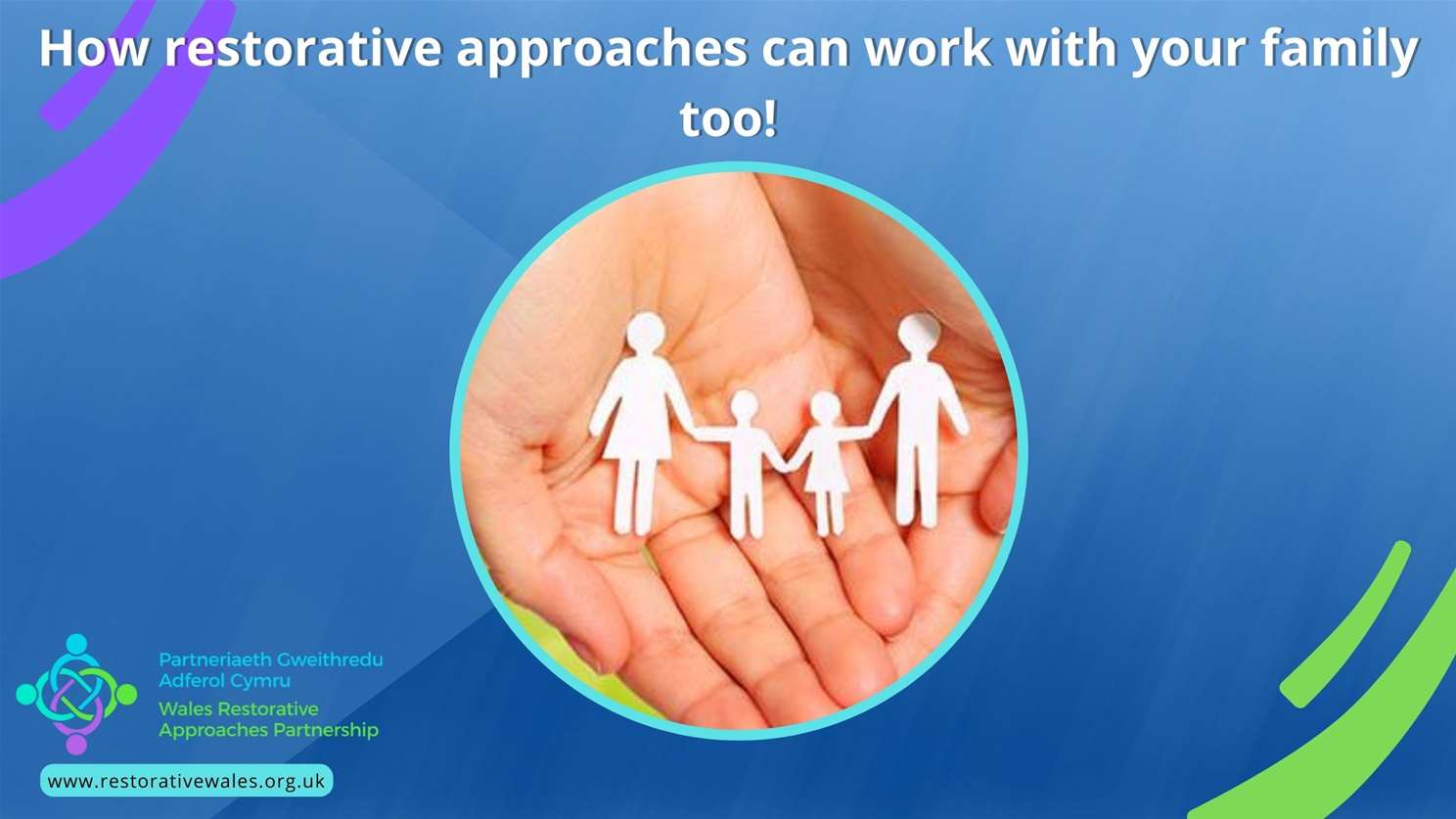Having worked in finance all of my adult life, mostly in the public sector, I joined W.R.A.P. when it was a relatively new organisation back in November 2015, as the Finance Manager. Having transitioned from working for a large organisation where there was staff available to cater to every need, to working for a very small organization was certainly a culture shock, especially on the days where I wore many hats including Finance Manager, Receptionist, Cleaner! How I missed having an IT department!
Being new to restorative approaches, I wondered how they would or could impact me…….. I’m a finance person, I don’t do feelings…….. or so I thought. Slowly but surely, listening to my colleagues speak with such passion about restorative approaches and the impact they have on relationships, I found myself introducing the five questions when speaking with my children.
Before I knew of the existence of restorative approaches, when having a difficult conversation with my son, I might have said “Why did you do that?” Through my work with W.R.A.P., I now understand that our brains aren’t fully formed until we reach 25, therefore there are times when children do things, and they genuinely don’t know why. To be clear, the five questions are not a free pass to excuse poor behaviour, they are a framework that allows you to have a conversation to get a better perspective of a situation without apportioning blame. Using this technique has definitely made my son more emotionally intelligent, and mindful of others’ feelings and perspectives.




